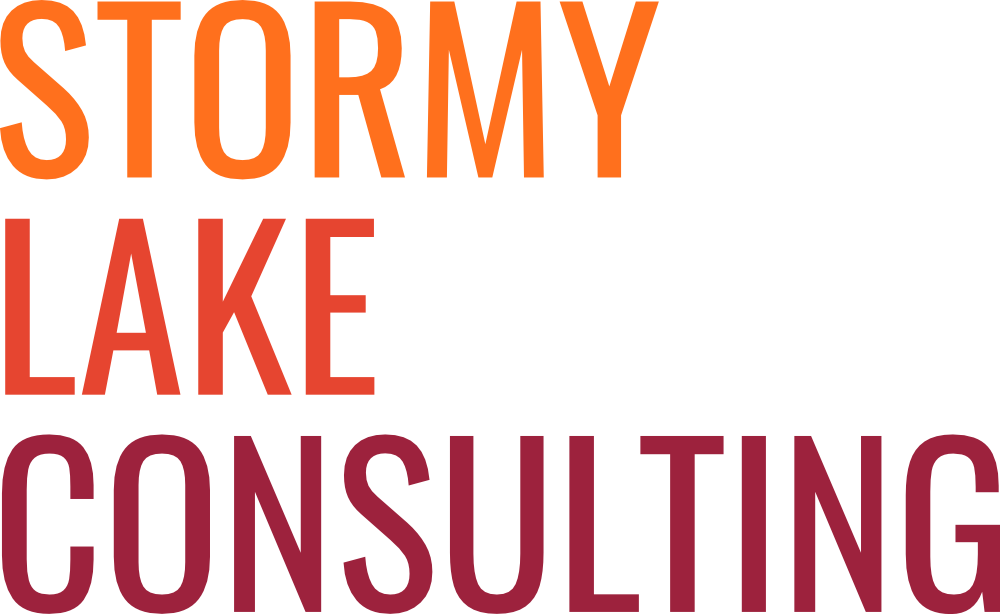The Weekly COVID Update: Entrepreneurs, Beer and Squirrels in Kilts
Dire news dominates the media this week. The fiscal, economic and social costs of COVID-19. $343 billion deficit. 15% of small businesses closing. Rapidly escalating COVID cases in the US.
And scientific evidence reveals that dogs consciously change their facial expression to manipulate our emotions and get what they want. It’s all very dire.
But we should not overlook some of the beneficial things that each and every one of us is learning through the pandemic without necessarily realizing it.
Since a Harvard Business Review Article was published in 2006, there has been a lot of talk about bringing entrepreneurial values into the corporate world. But corporate success has been fleeting.
There are two core issues: business models and KPIs.
One of the thought leaders of modern entrepreneurship, Alexander Osterwalder, identified that business models are expiring faster than ever before. Even a young company that is just starting to scale can quickly wipe out if they’re not willing to spend some time experimenting and if the CEO is not involved in innovation. Without CEO involvement, corporate adaptation to a rapidly changing and uncertain environment usually fails.
A second corporate challenge is that not every new thing you try is a success. If an organization is devoted completely to KPIs, no one in the organization is going to take a risk because no one wants to kill his or her career. Keeping the boat steady can be good for a career and death to an organization.
Looking at social conversations, attitudes towards entrepreneurship have not noticeably changed over the past two years – there is a not a rush to start something, nor a fear that is driving people away.
Yet entrepreneurial skills are more important than ever. A University of Oklahoma 2016 study found that during stressful economic times, entrepreneurs rely more on optimism and the advice of other entrepreneurs when it comes to business decisions, instead of actual market data. Those “gut feeling” decisions can pay off. Intuitive decisions can be effective up to 90% of the time.
Are you having a skeptical gut reaction to that statement? In 2016, researchers from the University of New South Wales demonstrated that “intuition” does actually exist. We can use unconscious information in our body or brain to help guide us through life, to enable better decisions, faster decisions, and be more confident in the decisions we make. The best intuition is supported by excellent data and, best of all, intuition can improve over time through practice.
Beyond intuition, a number of essential entrepreneurial attitudes have been documented. The ten most frequent are:
Have passion for your business.
Be flexible, except with core values.
Be brave. Don't let fear of failure hold you back.
Make timely decisions.
Believe in yourself
Encourage and accept criticism graciously. Admit your mistakes.
Maintain a strong work ethic.
Rebound quickly from setbacks.
Periodically get out of your comfort zone to pursue something important.
Live and work with integrity.
With the possible exceptions of #1 and #6, the COVID world has forced all of us to practice these skills on a daily basis. Even in the most challenging of circumstances – trying to work with young children at home – we have improved these skills to survive. And in the process we have set ourselves up for long term success in the new world.
If organizations can culture an environment that nourishes and supports these skills, the corporate – entrepreneurial divide might dissolve.
In addition to these 10 skills, a key consideration for the corporate entrepreneur is that they need a very strong ability to navigate the system within the organization. It’s very much a diplomatic role. This skill might have atrophied in the past 3 months so we will all need to step up our lunchroom chit chat game.
There are some really inspiring examples. Take BrewDog brewery for example:
“In April 2007, in a godforsaken industrial estate in north east Scotland, BrewDog came howling into the world.”
One of their more notorious innovations arrived in 2017 when the founders released a second version of their ultra-alcoholic ale (55 percent alcohol by volume). It was called The End of History, and in 2017 it sold for $26,000 per bottle.
Their unique packaging helped. The bottles were placed in taxidermized roadkill.
Even better, some of the squirrels in question wore kilts and the stoats wore tuxedos. I’m not sure what a stoat is but I’m guessing it's a higher-class squirrel.
As their manifesto boldly declares:
"The End of History is an audacious blend of eccentricity, artistry and rebellion; changing the general perception of beer one stuffed animal at a time."
BrewDog, which now operates on three continents with more than 1000 employees and 55,000 passionate customer-shareholders, embodies each of the ten principles of entrepreneurship.
Their inspiring BrewDog manifesto makes most mission, vision, values and brand initiatives look insipid by comparison.
All of us should be as brave to build the kind of resilient brand these times demand.



